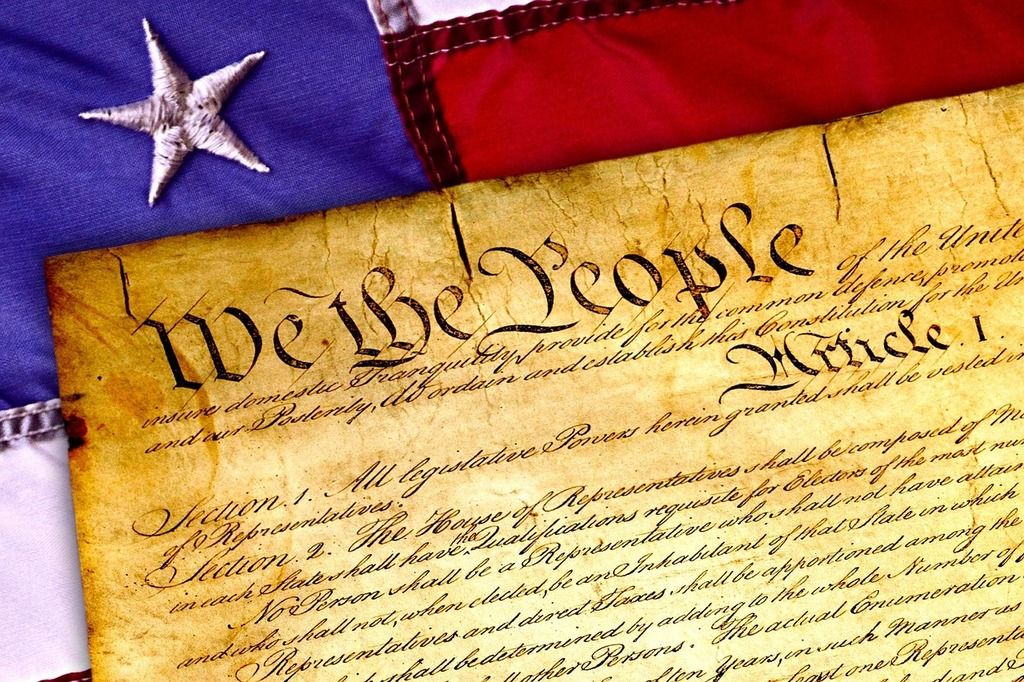My baby's bris was yesterday. The Rabbi came -- the first time we met him, in fact (we joined the synagogue in December) -- and asked me what I did for a living. I told him I was a professor at Lewis & Clark Law School, teaching constitutional law. "Are they going to move you to the history department?", he quipped.
Ha ha ha [sob].
For many, many, many reasons, I'm glad I'm not teaching this semester. But for a while now, I've been reflecting on how I teach constitutional law, and in particular how I triage the limited time I have each term. New law keeps being made and the length of a semester stays the same, so there's always a question of what to drop in order to make room for new material.
In my classes, I actually teach a fair amount of constitutional law "history" -- that is, going through doctrinal periods whose prevailing law is no longer valid (alongside, of course, the "current" doctrine" as well). For example, I devote substantial attention to the Lochner era of substantive due process and the pre-New Deal federalism/commerce clause cases. More recently, I've kept teaching Roe and Casey even after Dobbs, and Gratz/Grutter after SFFA. I teach the new cases too, of course, but I do think it is important to trace where we came from, and I don't shirk on allocating time to that project.
At one level, these cases are the easiest to prune for space. They aren't good law anymore; one does not need to know them in order to know what "constitutional law" is today. And I suspect there will soon be even more venerable old cases whose holdings are going to be overturned or superseded in the coming years, to be replaced by new upstart doctrines.
But as we prepare to enter what in all likelihood will be a very grim period in our constitutional jurisprudence, I increasingly believe that teaching the history is more important than ever -- simply because it demonstrates that the law does not have to be this way. There is nothing inexorable about the choices that will be made, they are not simply the way the constitution is. Keeping alive the flame of alternative possibilities -- legal regimes that once prevailed and could prevail again -- is going to matter, and it is a way of not surrendering to the totalitarian darkness that is attempting to consume us.
This, after all, is one thing that conservatives did very well with their "constitution in exile", and I have no shame in following their example. And while the arc may be long and the path may bend, ultimately, mir veln zey iberlebn -- "we will outlive them."


